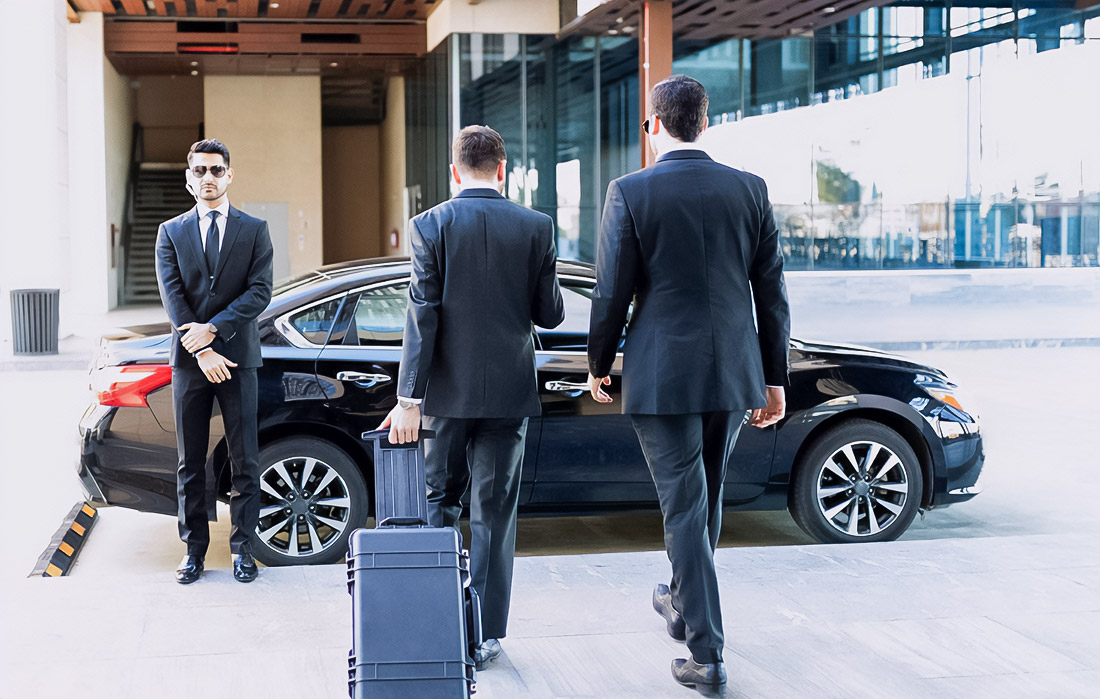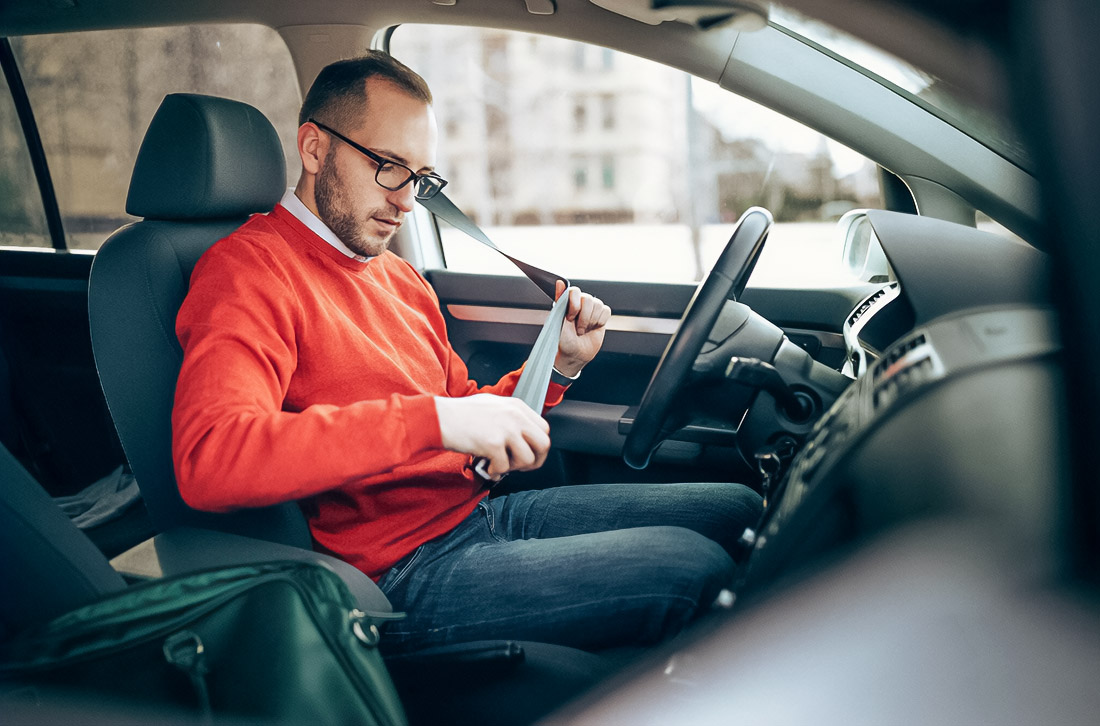
How Business In Dubai Reduces Costs Through On-Demand Delivery And Smart Fleet Management
Dubai lives in a rhythm where every minute has a price. Here, logistics is not just a part of the business, it is its engine. But speed always comes at a price: fuel, traffic jams, downtime, and the human factor. Companies in the UAE are looking for ways to balance speed and costs. And increasingly, the solution comes from where flexibility is becoming the currency from the world of on-demand delivery and smart fleet management.
The Last Mile Is The Most Expensive Road

The last stage of the journey, from the warehouse to the customer’s door, is a headache for any logistics specialist. Everything is found in this zone: heat, traffic, urgent orders, human errors. And each of these little things costs money.
According to experts, the global last mile market will reach 343 billion dollars by 2032, with an average annual growth of 8.8%. These are not just statistics, they are an alarm signal for businesses. Any inefficiency here turns into a direct loss of profit.
In Dubai, where delivery to JBR and Business Bay may differ by two times, the accuracy of the route decides everything. E-commerce is gaining momentum: 19% of global sales in 2022 were online, and by 2027 this figure will grow to 25%. In a region where competition is growing daily, those who deliver faster, cheaper and more accurately survive.
On-Demand Drivers: Flexibility Instead Of Costs

Having your own fleet is an asset and a burden at the same time. Cars require maintenance, drivers require salaries, licenses, and insurance. But what if all this can be connected on request?
On-demand drivers are the answer to modern business in Dubai. They appear when they are needed, and disappear when the wave of orders subsides. No extra staff, no downtime.
This model creates an elastic fleet that can adapt to real-time demand. Today’s urgent delivery of building materials to Dubai Hills, tomorrow transportation of electronics to Downtown. No capital investment, no delays. Everything is tracked online: proof of delivery, geolocation, and photo reports. The client is calm, the company is in the black. Even businesses offering car with driver in Dubai services are adopting on-demand systems to manage fluctuating client needs efficiently.
Transport Under Control: Telematics And Analytics

In Dubai, where the Sheikh Zayed Road turns into a crawling stream during rush hour, route optimization is a matter of survival. Modern telematics systems see everything: route, speed, driving style, fuel consumption.
Algorithms analyze traffic jams, weather, time of day, and even high-traffic areas. The system suggests the best way, saving up to 30% of fuel and reducing vehicle wear.
Every kilometer is recorded, every deviation is noted. Was the driver late? The system knows why. Was the car idle? Analytics will show the reason. Fleet management is becoming an exact science, where numbers replace guesses.
When Technology Becomes A Partner
Logistics in Dubai is increasingly relying on technology. IoT, machine learning, predictive analytics are no longer a luxury, but a cost-saving tool. The systems collect real-time data, analyze orders, predict demand peaks, and offer optimal solutions in advance.
One of the cases shows that after the introduction of algorithmic routing, operating costs decreased by 50%. Half of the costs disappeared simply because the system stopped wasting time.
Every order, every movement is under control. Customers receive SMS and push notifications about the arrival time, and the dispatcher sees the entire city on the screen.
Eco-Friendly Logistics: Less Fuel, More Benefits
Dubai is moving towards a sustainable future. More and more companies are switching to electric and hybrid vehicles. Despite the fact that the production of such machines requires twice as much energy, the long-term savings are obvious.
The city is driving the transition: fewer emissions, fewer taxes, more reputational benefits.
Companies are introducing lightweight packaging, electronic documents and ePOD proof of delivery without paper. One small step means thousands of dirhams of savings per year. Every minute saved on signing the invoice is another brick in the foundation of efficiency.
People Stay In The Center: Driver Management
Technology drives numbers, but there’s still a human at the wheel. The driver’s behavior directly affects the costs. Aggressive driving increases fuel consumption, delays break schedules, and fatigue leads to mistakes.
Telematics helps you track everything: acceleration, sudden braking, and downtime. This data is transformed into a system of assessment and motivation.
Companies in Dubai are already implementing programs where drivers with the best performance receive bonuses. Encouragement is not punishment. Cooperation is not control. After all, a driver who is satisfied saves fuel, saves transport and creates customer trust.
The Future Is On The Way: Autonomous Technologies And Drones
A revolution is on the horizon. Autonomous trucks, drones for the last mile, robots in warehouses all are already being tested in the UAE. The IoT unites drivers, dispatchers, and customers into a single ecosystem.
Every movement, every delivery, every second of delivery is controlled by data.
When the car chooses the optimal route by itself, and the system predicts traffic jams an hour in advance, logistics stops being chaos. It becomes predictable, accurate, and economical.
Companies that have already implemented on-demand delivery, routing, and telematics benefit. They deliver faster, spend less, and make customers happy.
In a market where e-commerce is growing and the last mile is becoming a competitive arena, the winner is not the one with more machines, but the one with better data management.
Dubai is moving towards a future where logistics is a precision architecture. Flexibility, speed, data, and trust are the four pillars of the new delivery economy. And those who understand this today will manage not only the fleet, but also the market tomorrow.
